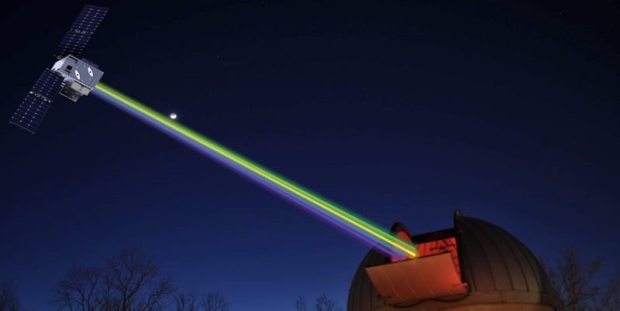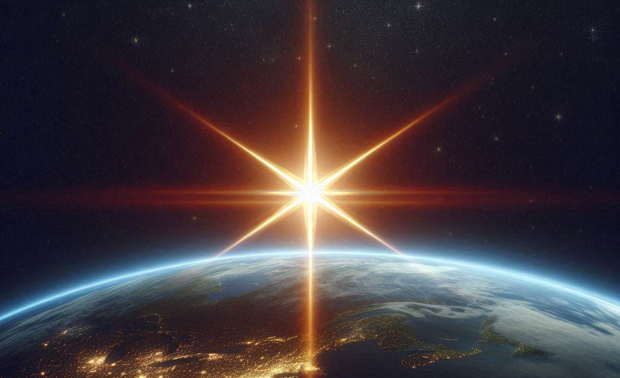NASA has approved a $19.5 million mission to put an artificial star in Earth's orbit that will enable scientists to unlock a deeper understanding of the universe.

Astronomers typically observe extremely large objects that are very far away, but that is about to change as a portion of researchers will soon be turning their gaze to an artificial star in Earth's orbit. NASA has approved the nearly $20 million Landolt Space Mission that involves launching a mini satellite, approximately the size of a bread box, into Earth's orbit where it will act as an artificial star.
Here's how it works. The mini-satellite, officially a CubeSat, will be placed exactly 22,236 miles away from Earth in a region of space that puts it in geosynchronous orbit, meaning its orbit matches the speed of Earth's spin. The reason for getting the CubeSat into geosynchronous orbit is so the CubeSat always appears in the night sky in the exact same location. Once that has been achieved, the CubeSat called Landolt will fire lasers with a specific number of light particles directly at ground-based telescopes operated by astronomers.
So what's the point of all this? Landolt will be acting as an artificial star, but the main difference between the CubeSat and a real star is that astronomers are able to control the exact amount of light particles being emitted. This enables precise research to be conducted on simulated cosmic phenomena such as supernovas and stars. The mission is expected to help astronomers measure light emitted from stars with 10 times the accuracy of current estimates, paving the way for a greater understanding of the universe to be achieved.
NASA plans on launching the first-of-its-kind mission in 2029.



![Photo of the $10 -PlayStation Store Gift Card [Digital Code] for sale](https://m.media-amazon.com/images/I/41MT2s0Gm2L._SL160_.jpg)